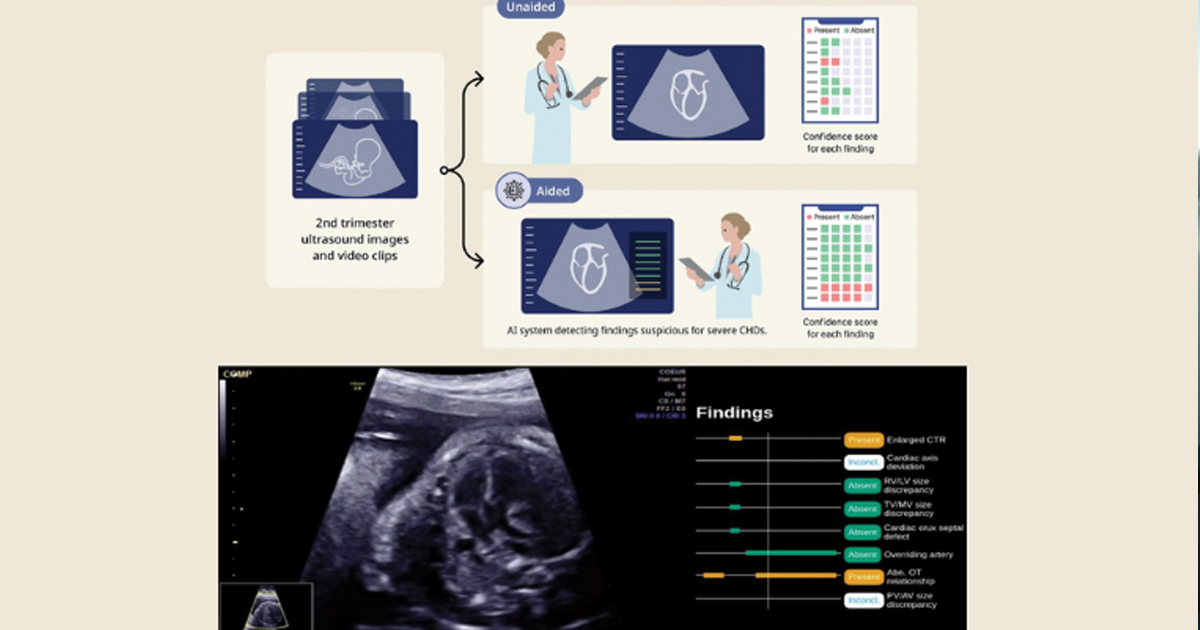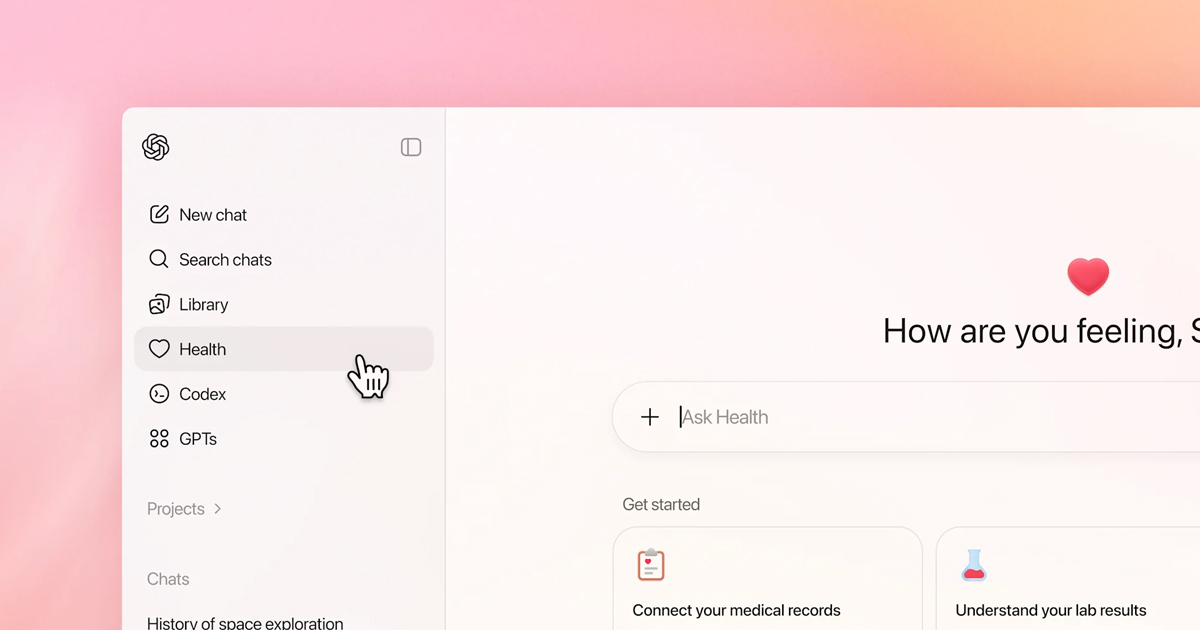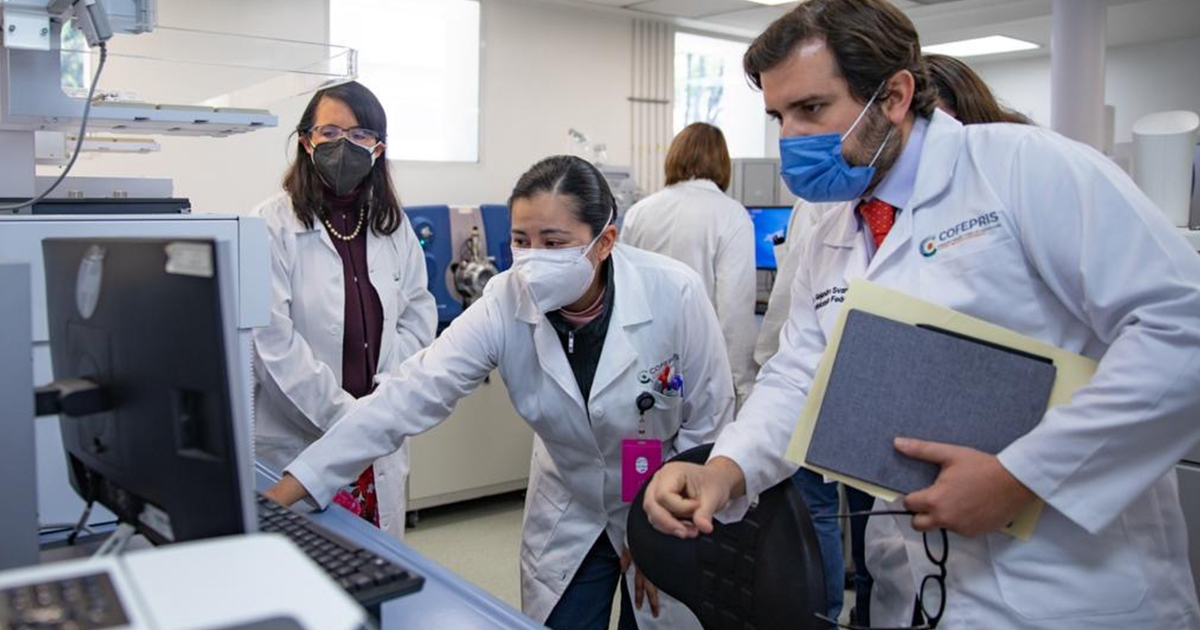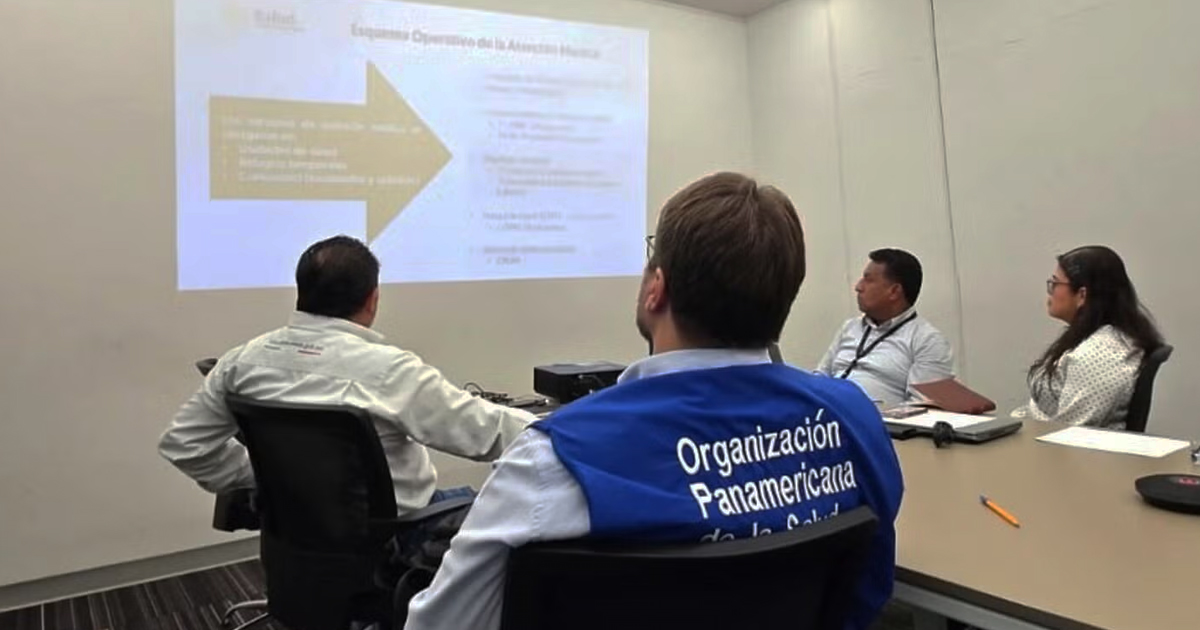El nuevo programa federal considera la mejora del sistema de salud en Argentina apostando por la transformación digital y el uso de nuevas tecnologías.
Impulsa es el nuevo programa del Ministerio de Salud de Argentina, que busca a través de la promoción y utilización de Tecnologías de la Información y la Comunicación (TIC), mejorar la calidad de los servicios de salud y lograr acceso de forma equitativa en todo el país.
Entre sus propósitos, Impulsa busca: “disminuir las brechas tecnológicas entre las jurisdicciones, mejorar la gestión de los servicios de salud, optimizar los procesos y las competencias, empoderar a la población en el acceso a la información e integrar los subsistemas de salud público y privado”.

Santiago Cafiero, Ministro de Salud de la Nación, explicó durante la conferencia de lanzamiento que el nuevo programa está ligado a diversas acciones realizadas previamente en el cambio y renovación de infraestructura tecnológica. “Complementar el programa, ampliando la red de conectividad es fundamental. Pensemos que hemos lanzado hace 2 meses el programa CONECTAR, que cuenta con 32.000 kilómetros de fibra óptica y estamos ampliando 4.000 kilómetros más. Achicar las distancias depende de contar con esta red de fibra óptica”.
En el mismo sentido, el funcionario explicó la importancia de la colaboración entre los gobiernos provinciales y nacional, para el éxito del proyecto. “Es muy importante lo que estamos lanzando aquí. Qué dialoguen los distintos sistemas públicos entre las provincias, con el gobierno nacional y también con los sistemas privados, y con eso generar una gran nube de accesibilidad a todos los datos, historias clínicas, recetas digitales, a todo lo que se implementa a partir de este programa”.
Otra de las estrategias implementadas a través de Impulsa, es la Historia Clínica Digital, que será aplicada en 4 mil centros de salud lo que considera también la conectividad para todos estos establecimientos, además de 10 mil equipos de cómputo. Esta estrategia forma parte del plan 2020-2023 que contempla una inversión de 5 mil millones de pesos en hardware software, asistencia técnica, capacitación, conectividad y transferencias de fondos a provincias.
On the other hand, telemedicine también toma parte importante del plan nacional, ya que busca promover este tipo de servicios para la población que no cuenta con obra social, a través de consultas remotas con especialistas. Las nuevas herramientas de conectividad en hospitales, permitirán interconsultas con especialistas en cualquier provincia.
Además, gracias a la conectividad, los especialistas podrán acceder a la historia clínica digital de los pacientes y realizar prescripciones digitales. La digitalización de los servicios sanitarios también considera los procesos administrativos, lo que agiliza la forma de agendar citas.







